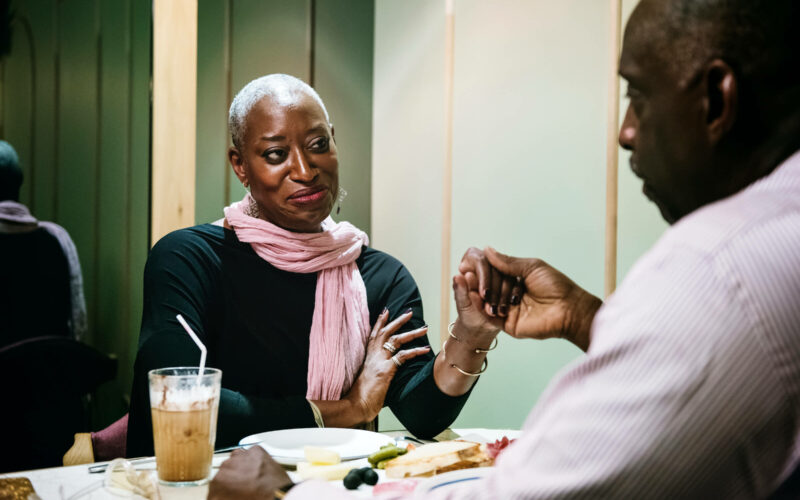The United Kingdom, one of the world’s largest and most powerful economies, has historically enjoyed a close relationship with Nigeria, a West African nation rich in natural resources and human capital. However, an uncomfortable truth lies beneath the surface: the UK indirectly benefits from Nigeria’s socioeconomic instability. This article aims to unpack this provocative claim and delve into the reasons why it may not be in the UK’s best interest to advocate for a prosperous and stable Nigeria.
The Influx of Looted Public Funds
Nigeria has long been plagued by corruption, with billions of dollars in public funds looted and laundered through various channels. As one of the world’s premier financial centers, the UK has played unwitting – or perhaps, complicit – role in providing a safe haven for these illicit funds. A 2016 Chatham House report revealed that Nigerian politicians and public officials had stolen an estimated $178 billion between 1960 and 2009. Much of these funds have been laundered through UK banks, properties, and businesses, injecting capital into the British economy.
Exports of Goods to a Consumer-Heavy Nigeria
With a sizable population and burgeoning middle class, Nigeria offers an attractive market for UK exporters. In 2020, UK exports to Nigeria reached approximately £2.7 billion, encompassing goods such as machinery, vehicles, pharmaceuticals, and electrical equipment. According to the United Nations COMTRADE database on international trade, UK exports of mineral fuels, oils, and distillation products to Nigeria, an OPEC (Organization of the Petroleum Exporting Countries) member, amounted to US$927.47 million in 2022. Despite the legitimacy of many exports, concerns persist over the UK’s interest in sustaining Nigeria’s reliance on foreign products, ultimately impeding the development of domestic industries and economic self-sufficiency.

The opportunities for doing business in Africa are immense, and as an international economic department, we’re encouraging UK businesses to make the most of them.
Rishi Sunak, UK-Africa Investment Summit in January 2020
Medical Tourism to the UK
Nigeria’s weak healthcare infrastructure has led to a surge in medical tourism, particularly to the UK. Wealthy Nigerians seeking quality medical care often choose British hospitals and clinics, spending millions of pounds annually. In 2017, it was estimated that Nigerian medical tourists spent £30 million in the UK. This influx of foreign patients not only generates income for the UK’s healthcare sector but also helps to maintain the country’s reputation as a leading provider of medical services worldwide.
Immigration of Talents to the UK
A lack of opportunities and a struggling economy in Nigeria have driven many highly skilled and educated Nigerians to seek better prospects abroad. The UK has been a prime destination for Nigerian immigrants, who contribute significantly to the British workforce, particularly in fields such as healthcare, technology, and academia. By attracting these skilled individuals, the UK reaps the benefits of their expertise and labor, while Nigeria suffers from a debilitating brain drain.
Some Historical Context
The UK’s relationship with Nigeria can be traced back to the colonial era when Britain ruled Nigeria as part of the British Empire. During this time, British authorities exploited Nigeria’s natural resources, extracting wealth and suppressing the development of local industries. Although Nigeria gained independence in 1960, the legacy of the colonial rule continues to impact the nation’s socioeconomic landscape.
Conclusion
In conclusion, the UK’s benefits from Nigeria’s socioeconomic instability raise ethical questions about its role in promoting and sustaining a more prosperous and democratic Nigeria. While it may not be in the UK’s immediate economic interest to advocate for Nigeria’s stability and progress, this stance risks perpetuating an exploitative relationship with long-term consequences for both nations. It is time for the UK to reassess its relationship with Nigeria and consider the broader implications of its actions, aligning its foreign policy with the principles of fairness and mutual respect.






